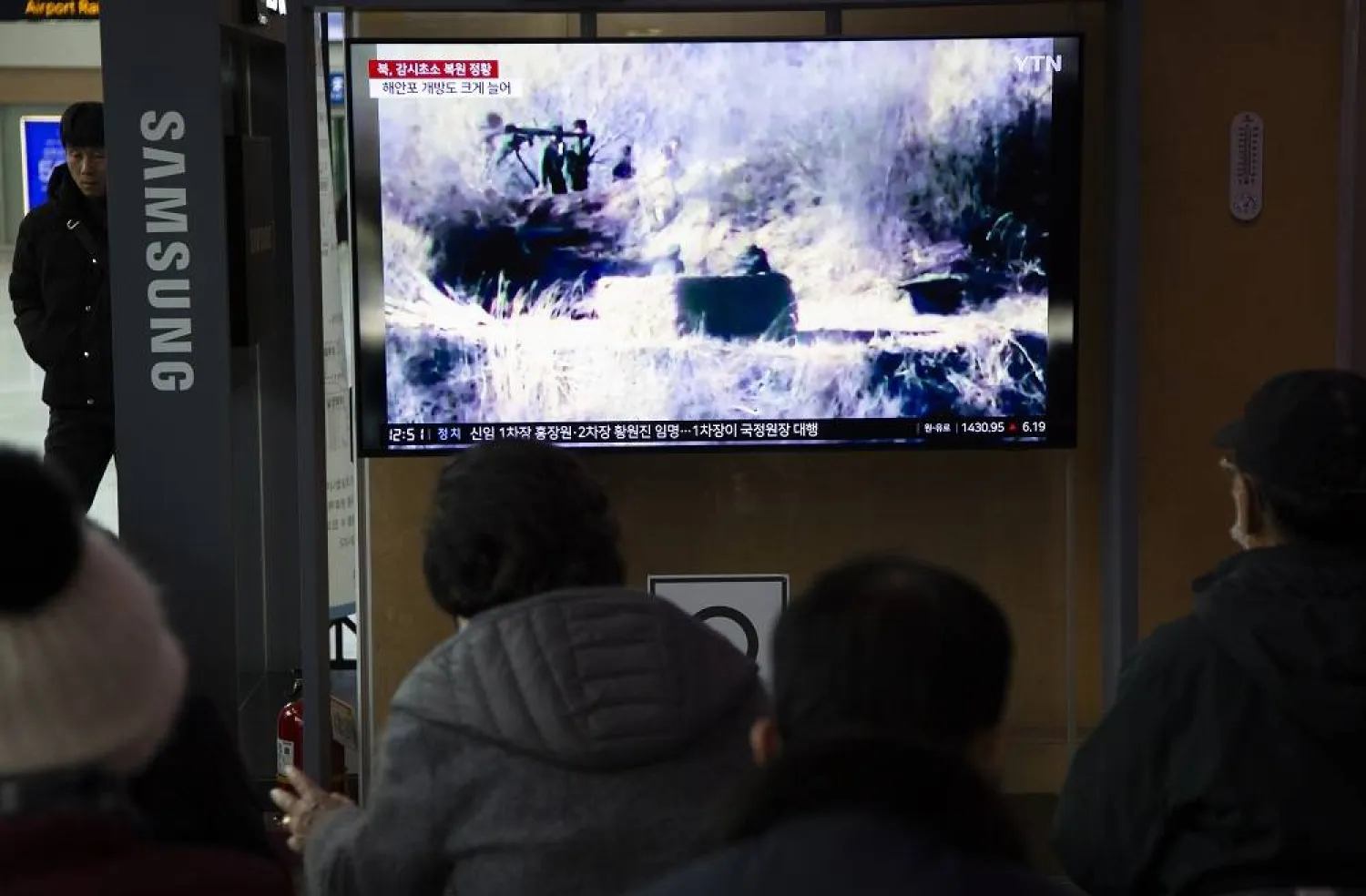South Korea said Monday North Korea is restoring frontline guard posts that it had dismantled during a previous period of inter-Korean rapprochement, deepening tensions that spiked over the North's recent spy satellite launch.
The two Koreas each earlier dismantled or disarmed 11 of their guard posts inside their heavily fortified border under a 2018 deal meant to ease frontline military confrontations. But the deal is now in danger of being scraped, as both Koreas openly threaten to breach it amid rising animosities over the North’s satellite launch.
After North Korea claimed to place its first military spy satellite into orbit last Tuesday, South Korea said it would partially suspend the deal and resume front aerial surveillance in response. South Korea called its step “a minimum defensive measure” to respond to the launch that it says involved the North’s intentions of improving its missile technology as well as establishing a space-based surveillance system.
North Korea immediately slammed South Korea’s decision, saying it would deploy powerful weapons at the border in a tit-for-tat measure. The North said it also won’t abide by the 2018 deal any longer.
In a background briefing for local journalists Monday, South Korea’s military said it detected North Korea building guard posts and trenches at border sites where its dismantled guard posts once stood. The military said it found North Korea deployed troops and heavy weapons there.
The contents of the briefing were shared with foreign media including The Associated Press.
South Korea’s Defense Ministry also distributed to the media four photos that it said showed related activities on the northern side of the border, with North Korean soldiers building a guard post and moving a suspected recoilless rifle to a newly built trench.
After being briefed on the North Korean move, South Korean President Yoon Suk Yeol ordered the military to keep a close watch on the North and maintain a firm readiness, according to Yoon’s office.
South Korea, the United States and others strongly condemned the North's satellite launch which they viewed as a provocation that threatened regional peace. UN Security Council resolutions ban any satellite launches by North Korea because the world body regards them as covers for testing its long-range missile technology. North Korea says it has sovereign rights to launch spy satellites to cope with what it calls escalating US-led military threats.
On Monday, Kim Son Gyong, a senior North Korean Foreign Ministry official, called the US and others’ condemnation of the satellite launch “such brigandish idea” and “a typical expression of the most hideous and brazen-faced violation of sovereignty that denies the justification of the existence” of North Korea.
South Korean officials said they confirmed the North Korean satellite entered orbit. But they said they need more time to verify whether the satellite is functioning normally.
South Korea suspects Russian technological assistance likely enabled North Korea to send the spy satellite into space. South Korean, US and Japanese officials accused North Korea of seeking high-tech Russian technologies to enhance its military programs in return for shipping conventional arms to support Russia’s war in Ukraine.
Both Russia and North Korea denied their alleged weapons transfer deal.









